In a better world, your choice of social media wouldn't matter. You'd pick one of them and communicate with people online, regardless of which social network they've picked. There'd be some sort of a consensus on what a post should look like (how many characters, images etc.) and your Facebooks and Twitters of the world would share the data between themselves, allowing you a seamless experience. Since we don't live in that world we have screenshots. And screenshots of a screenshot. And screenshots of a screenshot of a screenshot.
Here's an example:
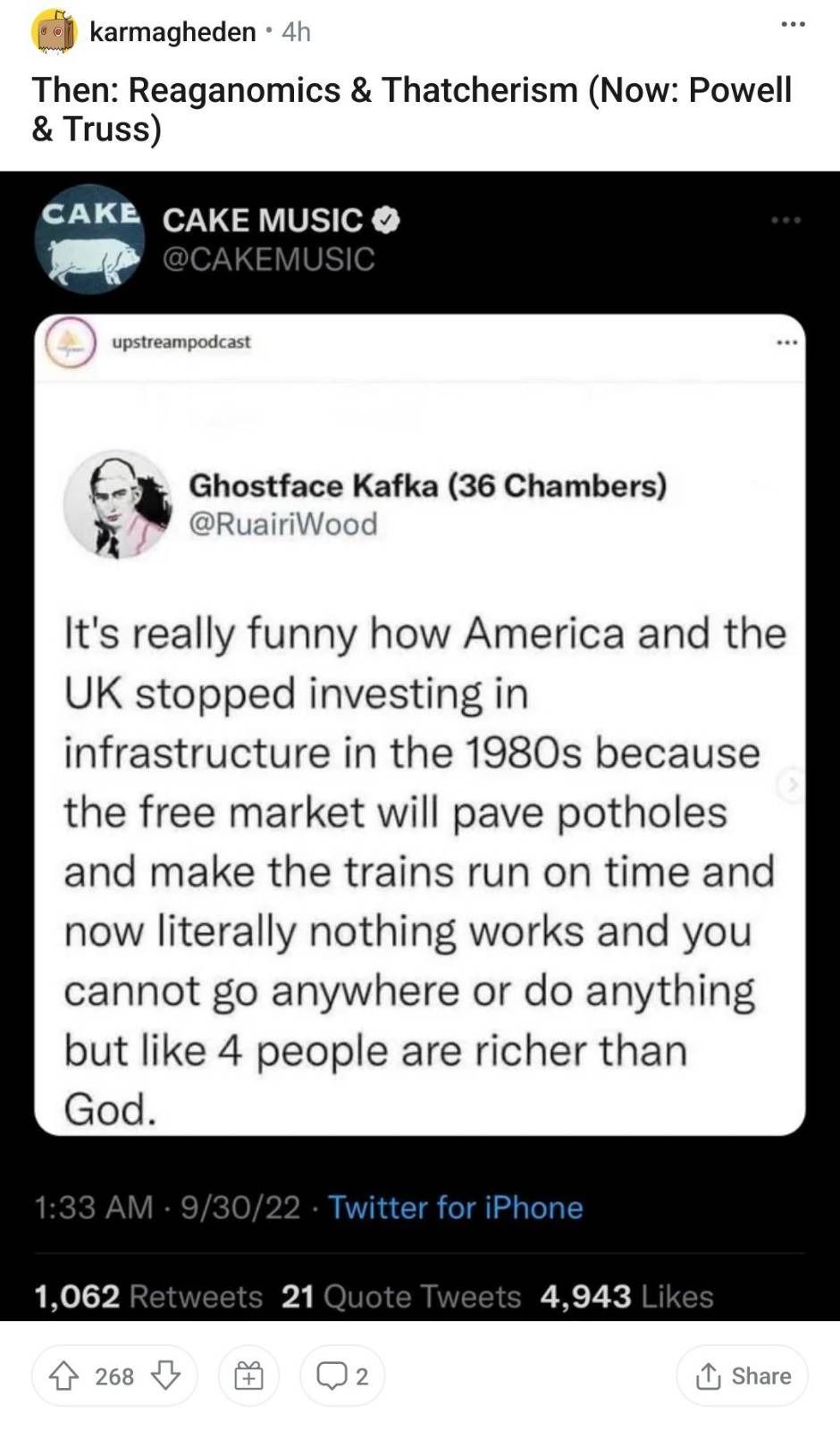
What's happening here:
- Person A (@RuairiWood) wrote a tweet.
- Person B (@upstreampodcast) wanted to share Person A's tweet on Instagram, so they took a screenshot and posted it.
- Person C (@CAKEMUSIC), probably feeling a bit lazy to find Person A's tweet, took a screenshot of Person B's Instagram post, which is a screenshot of Person A's tweet.
- Person D (@karmagheden) wanted to share Person A's tweet on reddit, but they found it via Person C's screenshot and took a screenshot of that.
- Person E (me!) took a screenshot from reddit and posted it here. (I didn't have to, but it felt right.)
In this version of the web's Russian doll, we have five people, three social media sites, five pieces of "original content", all pointing down to the same 277 characters. A bit more than a quarter of a kilobyte of information.
Each time a screenshot was taken, those 277 bytes got inflated into (probably) a megabyte or two (depending on the phone's screen resolution). Each time a screenshot was posted somewhere, it was compressed down to a couple of hundred of kilobytes. Each time this was repeated the original 277 bytes of information became a little bit grainier and harder to read.
Doesn't this all seem... pointless?
Why is this happening?
Facebook prefers "original content" over links to other websites. So does reddit. Instagram and TikTok barely even allow you to post links to other websites, limiting you to the total of one "link in the bio". And if you use social media via an app on your phone, you can forget about such relics of the past as selecting text and tapping copy.
The only thing that kinda-sorta works is screenshots. They're treated the same by algorithms as if you took an original photo, but the barrier of entry is so much lower. All you have to do is press a couple of buttons, maybe crop it a bit, and you're good to go!
We no longer have the web, we have five websites refusing to work together, each of which is filled with screenshots from the other four.
Fake screenshots
Okay, it's not always five websites screenshotting each other, sometimes users wanna share a news story. So, instead of sharing a link to an article, they share a screenshot of a headline of an article. Sometimes you can't even tell the website from which the screenshot was taken.
Here's an example that took me about a minute to find (on reddit of course):

Can you tell me where it's from? Can you tell if it's a legit news source? You can't, you just feel like something's a bit off. This particular example comes from seekingalpha(.)com, a website I've never heard of that allows anyone to contribute (as long as it passes their editorial review which I am sure is very strict). But does it look any different than a screenshot from any more reputable news site? Barely, design-wise it's just a little bit off.
Of course, screenshots don't really need to be real. It's easy to inspect-element your way into anything you'd like. It took me no effort to swap a couple of words from a BBC article and completely change its meaning.
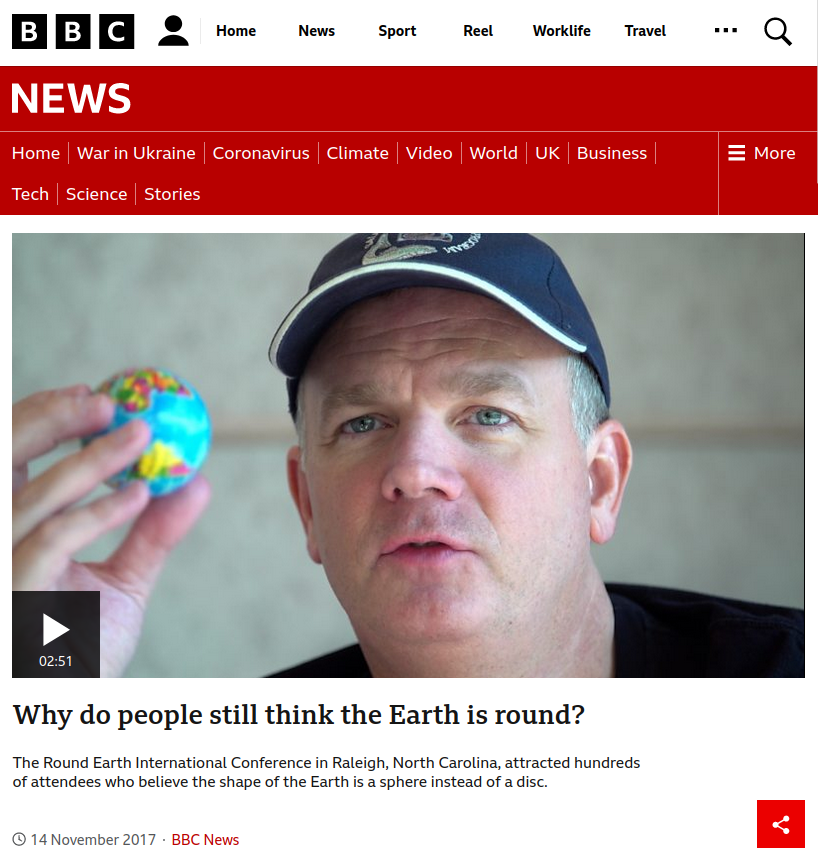
If I were to post this on social media, out of every 100 people that would see it, maybe 5 would actually bother to look it up.
On top of that, there's a corner of the Internet that finds humour in making up tweets that are just a little bit over the top. Like this:
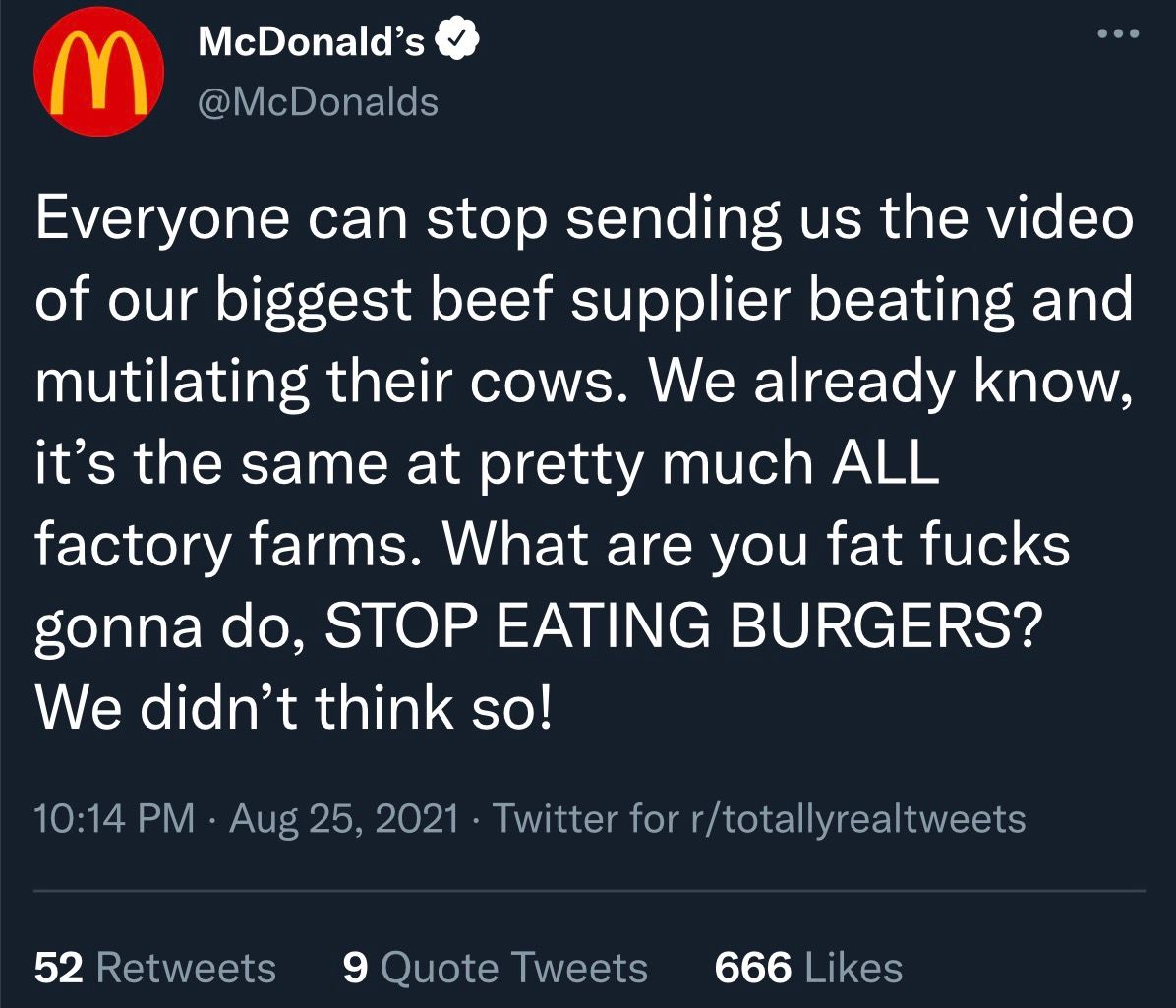
Personally, I find that corner of the web hilarious, because it perfectly encapsulates the shittiness of the web, making you question screenshots a little bit more. And if done right, nobody can tell if it's real or not.
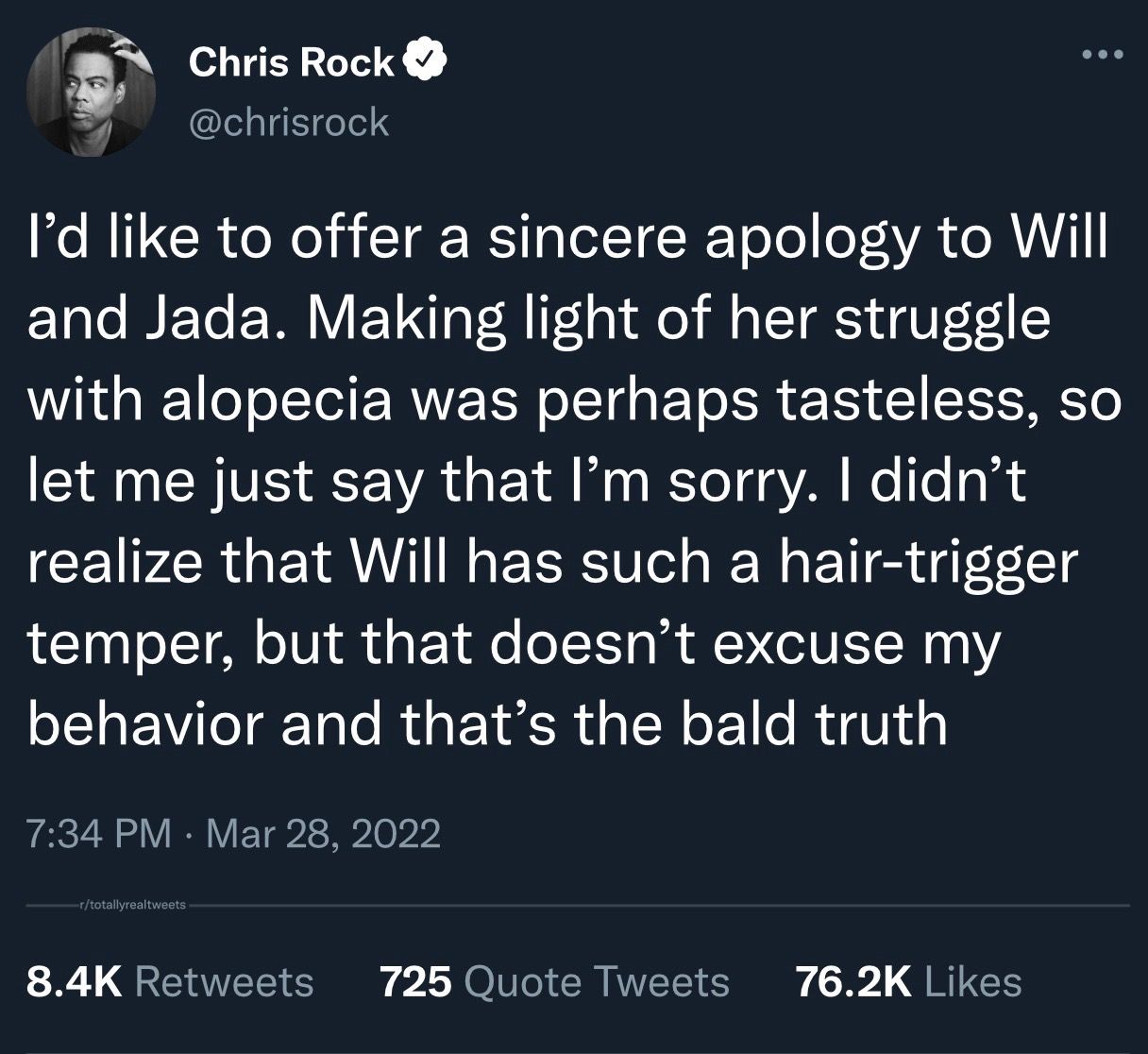
The one good thing about TikTok
I don't have many nice words for TikTok, but it has this one feature I genuinely like. It's the feature that made me think "oh cool" when I first saw it.
Are you ready? Here it is:
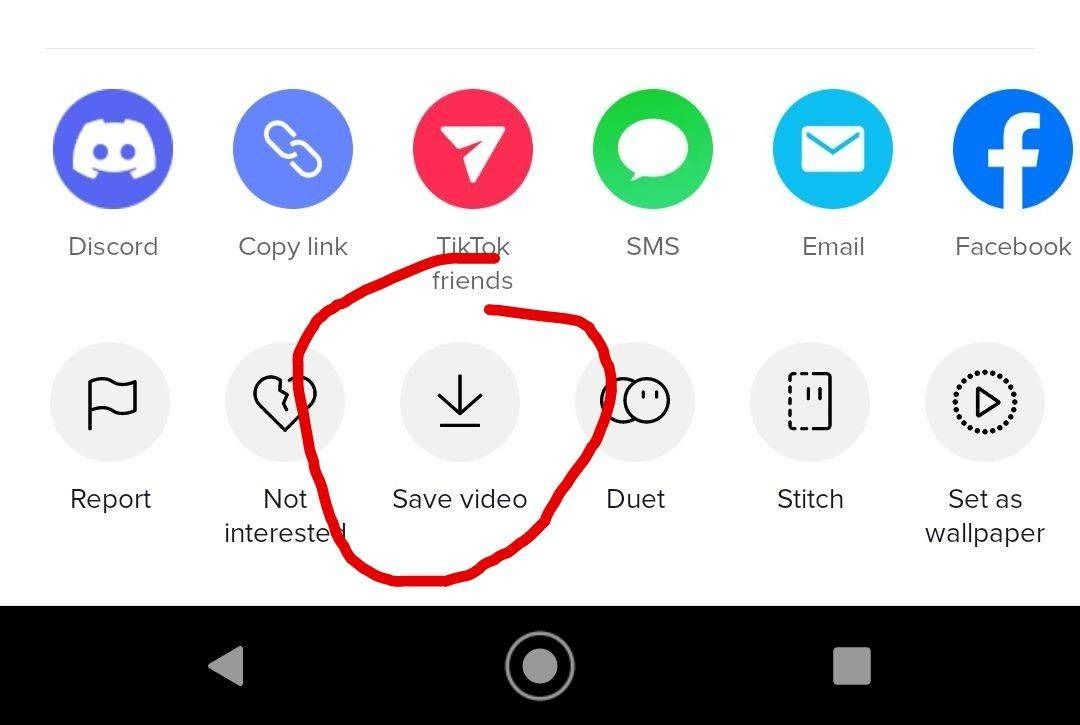
You don't need a different website or a browser extension to download a TikTok video, you don't even need to screenrecord it. It's just there, ready for you to click, receive a file that's a couple of megabytes in size, and do what you want with it! The feature is not behind a paywall, nor does it include a weird DRM that makes it only available for viewing within TikTok's app (looking at you, YouTube).
For example, I can do this:
Considering the current state the web, doing that feels pretty good! It shouldn't. It really shouldn't.
The bad thing about TikTok
A decent chunk of TikTok's content is just screenshots. Either people reading tweets while laughing hysterically or robotic voices reading you reddit threads.
One layer to rule them all
Hyperlinks are dead. Hypertext is barely holding on. What replaced them? Screenshots. Lots and lots of increasingly illegible screenshots. And they're here to stay, as the final fuck-you towards the web that could've been if the top players wanted to or were forced to play along.
If one got high 20 years ago and thought of the stupidest way the web could evolve over the next two decades, they couldn't have possibly thought of something as stupid as this.
Feel free to screenshot that to your favourite social media.
P.S: You've read a variation of the word "screenshot" 34x. Assuming average reading speed, that's 6.8 per minute!